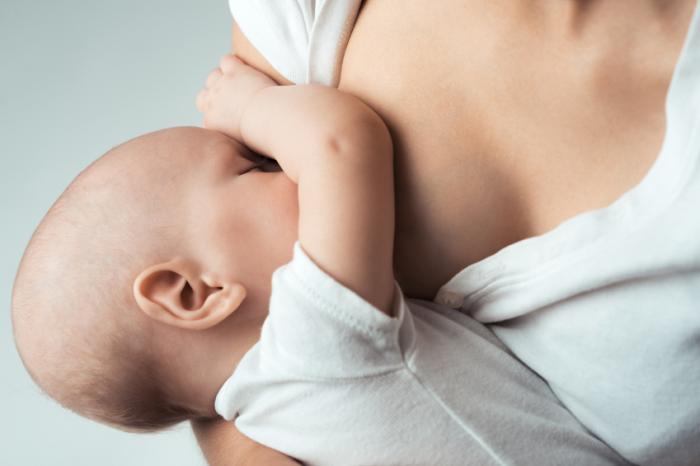-
Tips for becoming a good boxer - November 6, 2020
-
7 expert tips for making your hens night a memorable one - November 6, 2020
-
5 reasons to host your Christmas party on a cruise boat - November 6, 2020
-
What to do when you’re charged with a crime - November 6, 2020
-
Should you get one or multiple dogs? Here’s all you need to know - November 3, 2020
-
A Guide: How to Build Your Very Own Magic Mirror - February 14, 2019
-
Our Top Inspirational Baseball Stars - November 24, 2018
-
Five Tech Tools That Will Help You Turn Your Blog into a Business - November 24, 2018
-
How to Indulge on Vacation without Expanding Your Waist - November 9, 2018
-
5 Strategies for Businesses to Appeal to Today’s Increasingly Mobile-Crazed Customers - November 9, 2018
Study Says Breastfeeding Transfers Industrial Chemicals to Infants
It was known that small amounts of the chemicals could occur in breast milk, but this study showed that the longer babies are breastfed, the more build up they experience.
Advertisement
New mothers may inadvertently pass industrial chemicals along to their babies through breast-feeding, which might lower the effectiveness of some childhood vaccinations, researchers report. This are chemicals used for products for water proof, grease and stain purposes like food packaging, clothing, lubricants which can bring harmful effects to breastfeeding babies.
The harmful chemicals reportedly built-up in the infants body by 20 to 30 per cent for each month that they underwent breastfeeding, it said.
The researchers found that children who were exclusively breastfed experienced an increase in PFAS blood concentrations of as much as 30% each month, with lower increases among children who were partially breastfed.
In the study, researchers from the Harvard School of Public Health, the University of Southern Denmark and the University of Copenhagen tested the blood of 81 children who were born in the Faroe Islands between 1997 and 2000. They can be found in the blood of animals and humans and have been associated with endocrine disruption, immune system dysfunction and reproductive toxicity.
The researchers and the health officials do not want breastfeeding to be stopped but are concerned about the way these chemicals are swiftly building up inside the bodies of the infants, and it’s making them vulnerable. “Unfortunately, the current U.S. legislation does not require any testing of chemical substances like PFASs for their transfer to babies and any related adverse effects”.
Interestingly, concentrations of all five types of PFASs decreased after breastfeeding stopped. They also examined the PFAS levels in mothers of the children at week 32 of pregnancy.
Breastfeeding or nursing is feeding of babies and young children with milk from a female breast.
“This was a study of a very specific group of women, with very specific diets, which may have led to increased exposure of their infants to PFAS through breastmilk”, Dr. Henry Farrar, a clinical pharmacologist at Arkansas Children’s Hospital in Little Rock who was not involved in the study, told Forbes.
Advertisement
As a next step in their research, Grandjean and his colleagues chose to look at whether breast-feeding might be a source of PFAS exposure for babies.




























